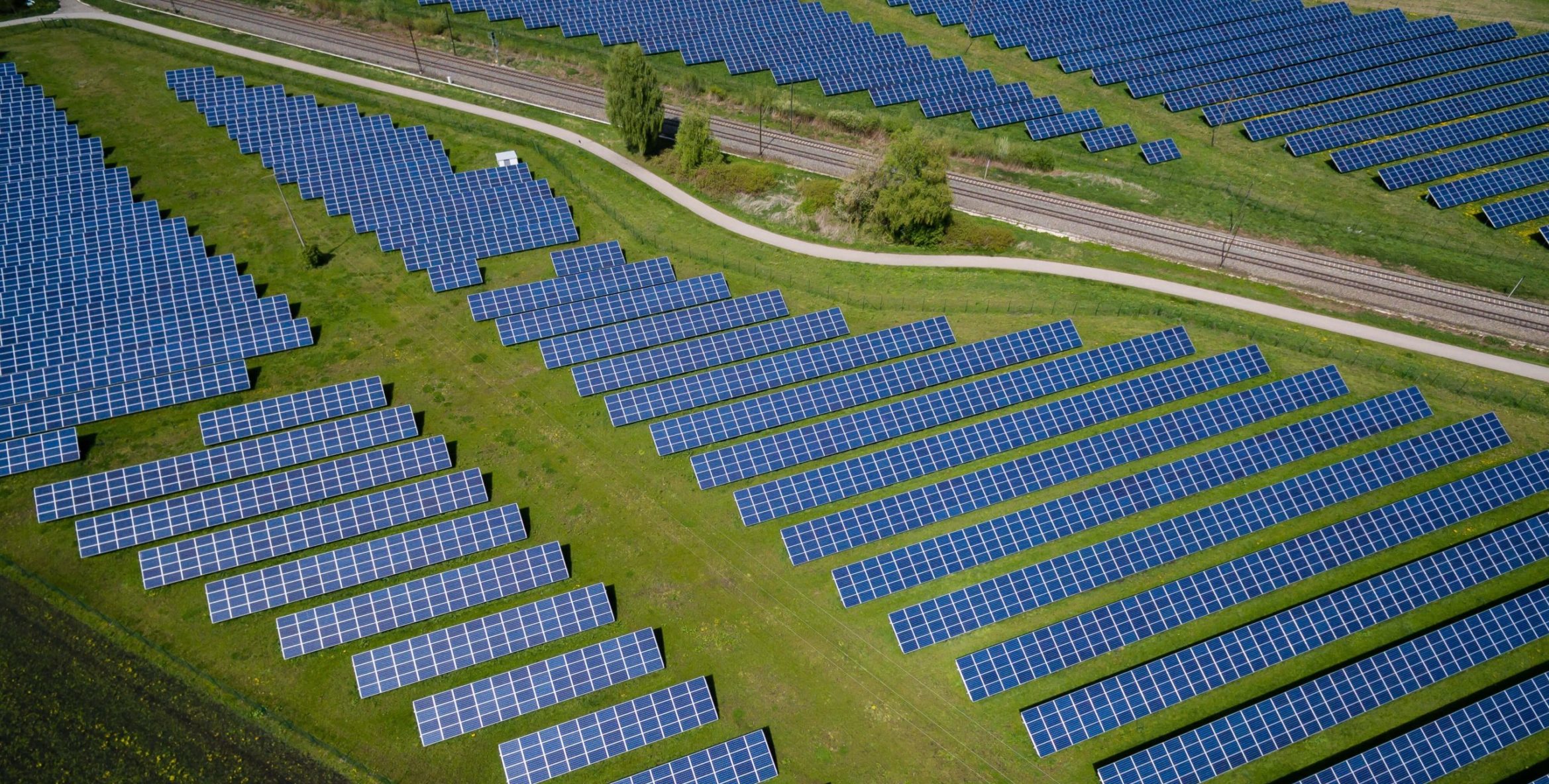A Fumbling Climate Effort
COP27 has come to an end and thousands of climate delegates with the best of intentions have returned home. It is now high time to acknowledge something we have suspected for years - international cooperation on climate action is too weak and non-binding to reduce greenhouse gas emissions quickly enough to avoid the worst effects of global warming.

The idea that the international community can come together and set ambitious goals to avoid a climate catastrophe is of course an alluring one. Global challenges they say are best met with global solutions. Unfortunately, the results after 27 long years of international climate cooperation are meager and disappointing.
Our foot is still on the accelerator
The 2015 Paris Agreement was seen by many as a breakthrough, where each country was encouraged to set its own ambitious emission targets. Many felt greenhouse gas emissions would finally start pointing in the right direction. Unfortunately, the latest figures from the Global Carbon Project show just the opposite. Global emissions have increased by 5 per cent since the agreement was signed. As UN Secretary General Antonio Gueterres recently pointed out
“We’re racing towards climate hell, and our foot is still on the accelerator”.
After years of abstract visions, and broken promises, it is perhaps time to look for solutions beyond setting national climate targets. Climate goals make headlines and are easy to communicate. However, the problem is that the long-term nature of most climate goals means that the people who set them will be under no obligation to meet them and there are no sanctions if the goals are not reached. As Sweden’s new Minister for Finance said, when asked what happens if Sweden does not reach its own climate targets, “if we don’t, we don’t.”
Not much in today’s international climate cooperation suggests that the next few years will be any different. The top leaders of India and China, countries that represent the highest growth in CO2 emissions and the highest total emissions, were not even present at the climate summit meeting. In addition, Russia’s war in the Ukraine is creating geopolitical friction not seen for 30 years and the conflict around Taiwan has resulted in rising tension between China and the West.
Mutual trust between nations, a prerequisite for binding climate cooperation, is simply not present.
Matthew Smith, Director ESG
We must comprehend that if we want to avoid the most serious consequences of climate change, negotiating national emission targets is simply too blunt and instrument to achieve the rapid change we desperately need. The focus should shift from lofty long-term targets and visions and instead be directed towards concrete plans for reducing emissions today.
Channel investments to green impact
One measure that has received increasing attention at climate summits in recent years is the channeling of private capital away from polluting activities and into sustainable solutions. This is to discourage further growth and expansion of fossil fuel companies, and to ensure that companies with green solutions can scale up and get their products to market faster.
For such a strategy to have a chance of success, two important conditions must be in place:
The first condition is that national subsidies to the fossil fuel industry must initially be reduced and later stopped altogether. In 2021, the International Energy Agency (IEA) has estimated that global fossil fuel subsidies doubled to USD 700 billion. To put things into perspective, this is the equivalent to using half a Norwegian oil fund to support a sector that causes global warming in one single year. At the same time as countries were sending thousands of delegates to Egypt and Sharm el Sheikh to set new targets and discuss action on limiting global warming, they were simultaneously ensuring that their own fossil fuel producers were able to preserve market position and profits. This is not only inherently hypocritical, but the exact opposite of what is needed to reduce emissions.
The second condition is that measures and technologies that directly contribute to reducing emissions must be clearly identifiable, in order to receive the backing they need to become economically viable. Here the EU region has led the way through the establishment of a framework to facilitate sustainable investment. The EU taxonomy on sustainable activities has the potential to create much needed consensus on which activities are genuinely sustainable. The taxonomy requires companies to report sustainable activities according to clear and scientifically based criteria. Perhaps most importantly, banks and managers must report on the share of their lending and investment that goes towards sustainable activities. This is expected to trigger pent–up capital from pension funds and other institutions that have already demonstrated a willingness to invest sustainably but have lacked confidence in existing sustainability ratings and frameworks. In plain language, this means better loan terms for greener companies with faster and more profitable development of green solutions.
Conclusion
Whether the two conditions above are enough to channel private capital away from polluting activities and into sustainable solutions, and thus reduce emissions, remains to be seen. What we can conclude, however, is that investments in green solutions today, and in the next few years, are more important than setting non-binding targets for 2050.
The global community does not have time to write ambitious climate strategies that do not yield results. Rather, it needs to channel capital quickly and effectively into sustainable solutions. This is the very least we can expect if we are to secure a future that is both prosperous and sustainable.
For more information, please contact
